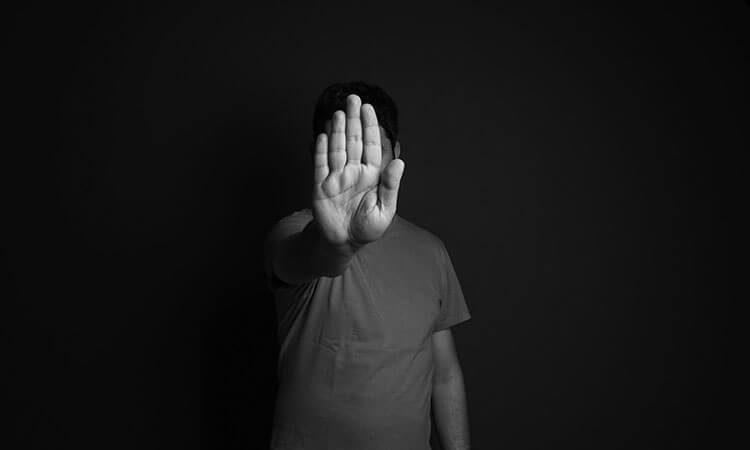
Why Do I Drink When I’m Anxious?
It is no secret that millions of Americans struggle to control excessive use of alcohol. In fact, the CDC estimates that around 16% of the US population may abuse alcohol at any given time. People drink for a variety of different reasons. Some find that alcohol provides a calming effect after a long day of work. Others may drink at social functions, such as parties or family reunions. Over the past few decades, doctors have found increasing links between alcoholism and other conditions, such as social anxiety. Here, we will explore some common questions around alcoholism, including:
- How does alcohol cause addiction?
- Is social anxiety linked to alcoholism?
- How can I find treatment?
How Does Alcohol Cause Addiction?
Like many other drugs, alcohol alters the way the body functions. When a person drinks for the first time, the brain sends out pleasure/reward signals. This is the “buzzed” feeling people talk about. However, over time alcohol can hijack the brain’s normal functions, making the brain depend on alcohol to function. Instead of sending out pleasure signals, the brain will start to send out distress signals for lack of use. Withdrawal manifests in physical symptoms such as:
- Anxiety/depression
- Severe headache
- Nausea/vomiting
- Tremors
- Fatigue/insomnia
- Fever
Some of the common warning signs of Alcohol use disorder (AUD) include:
- Inability to control drinking
- Drinking interferes with work or family life
- Loss of interest in hobbies or obligations
- Continuing to drink even if advised not to by a physician
- Increased feelings of depression
Social Anxiety and AUD
Social anxiety disorder is essentially a fear of public places or situations. For some people, this can be a fear of an activity like eating or speaking in public. For others, simply being in a public setting can cause anxiety. Anywhere from 2 to13 percent of the US population is estimated to live with a social anxiety disorder. Of this number, approximately 20 percent also live with AUD. Sadly, for many of these patients this social anxiety disorder has gone undiagnosed.
Drinking, especially in public settings, can become a form of self-medication for patients with social anxiety. This means that the patient only knows that they feel anxious in public, and drinking can calm that feeling. These patients may run a greater risk of developing AUD than others. This can occur for two reasons. First, people who are unknowingly self-medicating may develop addiction faster. If alcohol is the one substance that makes them feel better, it becomes the go-to problem solver. Second, patients with mental conditions like social anxiety may be genetically vulnerable to forming addiction. Research on this topic is still new. However, some scientists believe that the same genes that cause certain mental conditions also play a role in addiction. If this is true, it is no wonder that patients with social anxiety are particularly vulnerable to AUD.
How Can I Find Treatment?
If you or a loved one is currently living with these conditions and looking for treatment, congratulations! Both AUD and social anxiety disorder are medical conditions, not moral failures. It is not your fault that you are living with these conditions, and programs like ours are well equipped to help. Generally speaking, most recovery programs involve a medically supervised detox followed by long term treatment. Let’s look at how the process typically works.
Detox
Before long term treatment can begin in full, you must first let your body flush out alcohol from your system. This process is called detoxification, or detox. Depending on your needs, this can either be an outpatient process, or inpatient at a specialty detox center. Medical teams will monitor vitals and give you medication as needed to control withdrawal symptoms. This will help you stay comfortable and safe as your body adjusts. This process usually takes 1-2 weeks.
Treatment
Your next step will be treatment in either a partial hospitalization (PHP) or intensive outpatient (IOP) program. Here, you will continue to be monitored physically by qualified medical staff. Most of your day will be spent in individual and group therapy. Therapy helps you learn to identify use triggers and develop coping strategies. Therapists can also work with you to address social anxiety, and learn healthy ways to handle public settings. You will spend evenings in a sober living house. Sober living offers all of the comforts of home, without the added stress of avoiding alcohol use.
Recovery in Tune Can Help
If you are ready to take the first step, please contact us today to get started. We accept most major insurance plans. Let us help you live the fulfilling life you deserve!